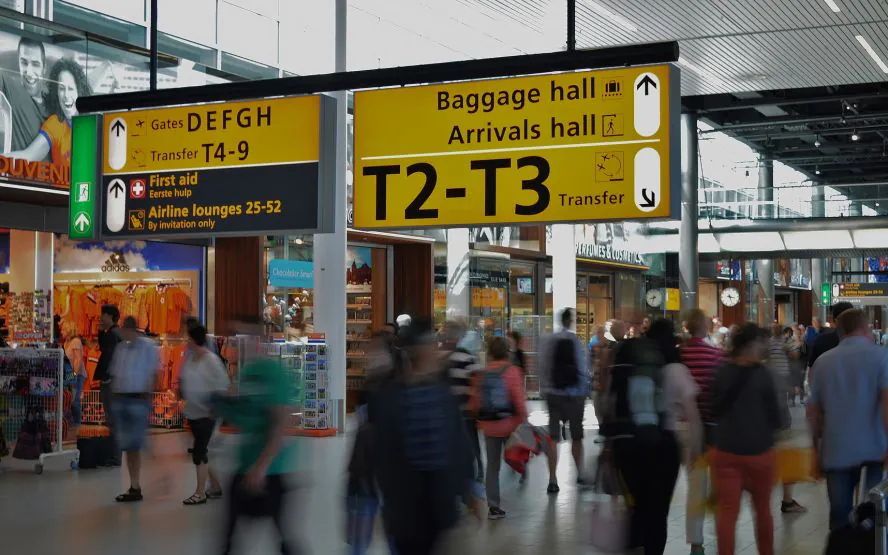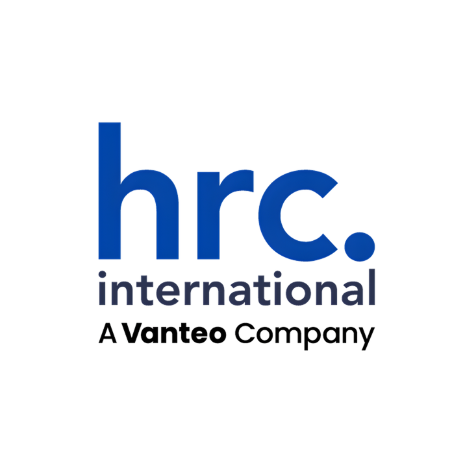As we look at the possible impacts of Donald Trump’s presidency on the U.S. hospitality industry, it’s crucial to reflect on his policies and actions during his first term. By exploring areas such as economic growth, infrastructure development, regulatory reform, and international travel, we can better understand what to expect for hospitality jobs in the coming years.
Economic Policies and Hospitality Jobs: Boon or Bane?
Trump’s first term was marked by significant pro-business policies, including tax cuts and deregulation aimed at stimulating economic growth. These measures are expected to have varying impacts on hospitality jobs:
- Boost in Domestic and Corporate Travel
Trump’s economic policies, especially tax reductions, could lead to increased disposable income for consumers and higher corporate travel budgets. More business travel means greater demand for hotel accommodations and hospitality services, potentially creating a surge in hospitality jobs. If economic growth continues, this boost could extend beyond hotels, benefiting restaurants, tour operators, and more.
Infrastructure Investments
During his first term, Trump emphasized improving infrastructure, including airports, roads, and public transport. If continued, these projects would enhance travel convenience, likely boosting both domestic and international tourism.
- Benefits for Hotels and Tourism
Improved infrastructure translates to easier travel, attracting more tourists and boosting demand for accommodations and services. Major tourist destinations could see increased revenue, leading to more opportunities for hospitality jobs. By making travel seamless, businesses in the hospitality industry can accommodate a larger influx of visitors and enhance customer experiences. - Challenges for Small Operators
While large chains may benefit from infrastructure developments, smaller operators may struggle to compete in a landscape where large-scale projects favor big brands. This competition could impact job creation differently, offering more roles in corporate hospitality but potentially squeezing out smaller establishments.
Regulatory Reforms and the Impact on Hospitality Jobs
A hallmark of Trump’s first term was deregulation, aimed at reducing bureaucratic red tape for businesses. While deregulation can lead to increased profitability and growth for hotel owners and operators, it brings its own set of challenges.
- Easier Market Entry and Expansion
Deregulation could lead to a wave of new hotel projects, increasing competition and innovation. This might create more hospitality jobs, from construction to management, boosting overall employment levels. Reduced compliance costs can also mean better investment in staff training and development. - Labor and Workforce Considerations
Easing restrictions may also affect workforce management regulations. While this can give hotel owners more flexibility, employees may face concerns about workplace protections and benefits. Hospitality jobs may grow in number, but ensuring job quality remains essential.

The Complex Issue of International Travel and Visa Policies
Trump’s presidency has seen both support and backlash for its immigration policies. During his first term, certain visa restrictions limited travel from specific countries, impacting tourism and hospitality jobs tied to international visitors.
- Travel Ban Effects
If similar policies are reinstated, hotels and travel agencies relying heavily on international tourism might experience a decline in bookings. Restrictive travel policies could reduce the number of long-haul visitors, affecting tourism-driven hospitality jobs in key locations like New York and Los Angeles. - Opportunities in Domestic Tourism
On the flip side, emphasis on domestic travel could encourage more Americans to explore their own country. This shift could bolster demand for regional hospitality jobs, giving local hotels, inns, and attractions new growth opportunities.
Navigating Political and Economic Uncertainty
Trump’s presidency has often been marked by unpredictability, making it essential for the hospitality industry to remain agile. While economic stimulus, deregulation, and infrastructure investments offer potential growth opportunities, visa restrictions and global market reactions create unique challenges.
Hospitality businesses must stay adaptable. Investing in staff training, adopting innovative technologies, and diversifying service offerings can help navigate market shifts. For young professionals entering hospitality jobs, this era presents a chance to develop valuable skills, from crisis management to customer service innovation.
Conclusion: The Hospitality Landscape Under Trump
As we reflect on Trump’s presidency, one thing is clear: the hospitality industry faces a mixed bag of opportunities and challenges. Economic policies, infrastructure improvements, deregulation, and visa changes will all play a role in shaping hospitality jobs. For those working in or entering this field, staying informed and flexible is crucial. By understanding potential impacts and embracing continuous learning opportunities, hospitality professionals can thrive, even in a politically charged environment.
